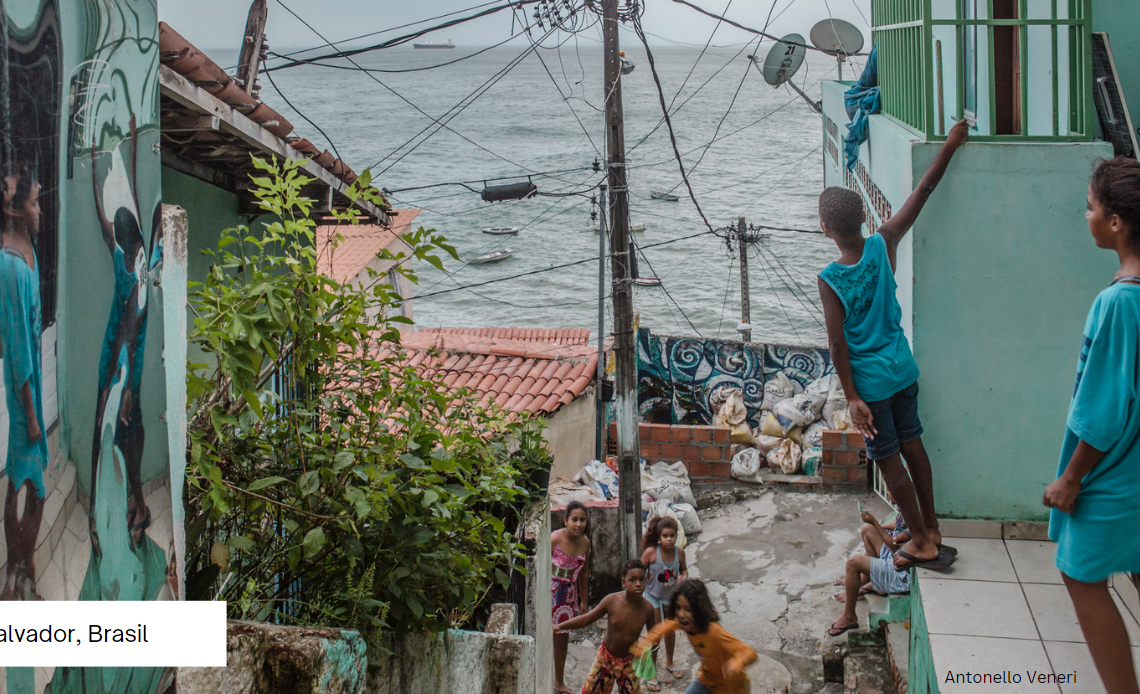The Seminar is aimed at technical and political representatives from Latin American, Caribbean and European Union countries participating in the COPOLAD Working Group on Addressing Territorial Vulnerabilities.
This event is divided into two parts with different methodologies and objectives:
Part one linked to “Proposals for territorial intervention”, will take place during the first two days of the agenda. Its objectives are:
The exchange of best practices and lessons learned from interventions on drugs in urban territories of high vulnerability in the region and in some countries of the European Union.
To present examples of interventions in highly vulnerable urban territories according to the three categories proposed.
To present economic inclusion tools that could be activated in this type of interventions.
Systematize all these contents as an important part of the guide for drug policy approaches in highly vulnerable territories, which is being developed within the framework of the COPOLAD Working Group.
Second part. As an integral part of the COPOLAD Forums, two debate sessions and an executive workshop will be held, with the objective of advancing the discussion on the dynamics of micro-trafficking and interventions for its prevention, prioritized by Latin American countries to be addressed by the EU-CELAC Mechanism on coordination and cooperation on drugs. This debate will address central aspects of the problems caused in communities by the presence and dependence on the dynamics of the micro-trafficking economy. The conclusions of the debate and the executive workshop will be shared with the co-chairs of the Mechanism, as input for their discussions at their high-level meeting, which will take place in Barcelona in the last week of August 2023.
Participants
In addition to the speakers, two people with different profiles have been invited to participate from each of the LAC and EU countries concerned:
National responsible persons of Drug Agencies.
Persons technically responsible for the interventions to be presented by each country of Latin America, the Caribbean and the European Union participating in the Working Group.
The invited countries (participants/interested in COPOLAD Working Group 2.4) are: Argentina, Brazil, Chile, Costa Rica, Ecuador, Guatemala, Honduras, Mexico, Peru, Dominican Republic, Uruguay, Venezuela, Bahamas, Barbados, Belize, Jamaica, St. Kitts and Nevis, St. Vincent and the Grenadines, Suriname, Trinidad and Tobago, Bulgaria, Greece, Spain and Portugal.






